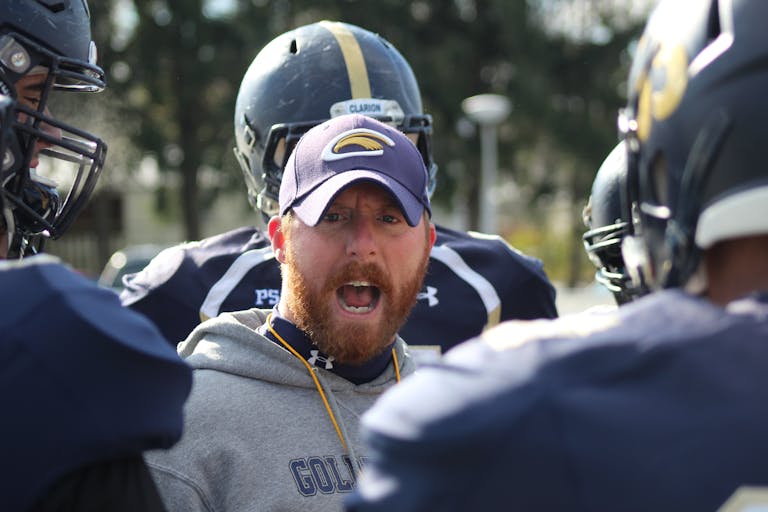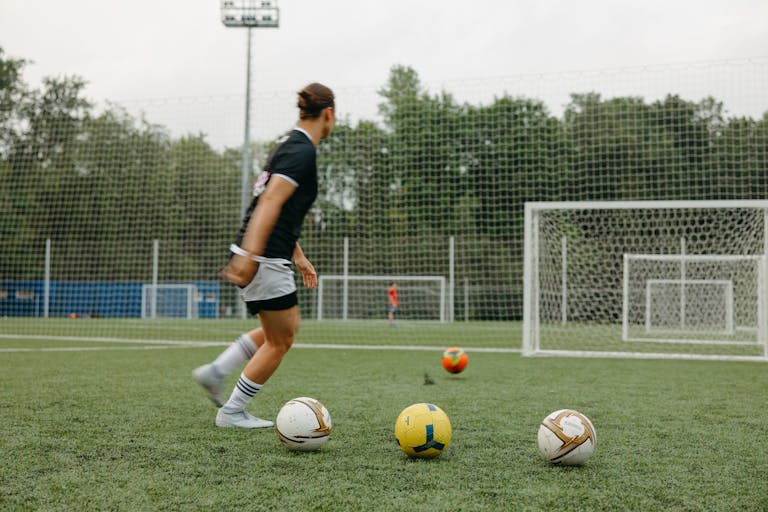Financial Literacy for Athletes: Mastering the Fundamentals Early

Financial Literacy for Athletes: Mastering the Fundamentals Early
The world of sports is all about discipline, planning, and constant improvement—skills that also define financial success. Yet too many athletes, even with big NIL checks, stumble because they never learned the basics of financial literacy. As a manager, coach, and mentor, I’ve seen talented young athletes earn—and lose—thousands simply because no one taught them the fundamentals. Let’s change that.
Here’s your essential playbook for mastering money skills, building habits that last, and creating a financial foundation as strong as your athletic resume.
1. What is Financial Literacy—And Why Does It Matter?
Financial literacy is the knowledge and confidence to manage, save, invest, and grow your money wisely. It’s not just about knowing the words—it’s about building skills and habits that stick, so you can make smart choices under pressure (on the field or at the bank).
Athletes need this more than most: with variable income, unexpected expenses, and social pressures, financial literacy is your “defense against turnovers.”
2. Start With a Spending Plan, Not Just a Budget
Budgets get a bad rap—they sound like restriction. But a spending plan gives you control and freedom.
- Track every dollar: Use an app, notebook, or spreadsheet.
- Separate “needs” from “wants.” Rent, food, and bills first. Clothes, gadgets, and eating out after.
- Plan for fun: A smart spending plan includes money for what you love—just in the right proportion.
Action:
Start with your last 30 days of spending. Where did your money really go?
3. Save Before You Spend
The best athletes “pay themselves first”—before splurging on shoes or weekends out, put 10–20% of every dollar into savings.
- Emergency fund: Even $500 can prevent a crisis.
- Savings for goals: Gear, travel, spring break, or post-college plans.
- Use automation: Set up your bank account to transfer money to savings with every paycheck.
4. Understand Credit—And How to Use It Safely
Credit cards are not “free money.”
- Only spend what you can pay off each month—interest adds up fast.
- Pay bills on time. Late payments damage your credit score (which affects future loans, apartments, even jobs).
- Build credit by being responsible: start with a low-limit card, use it for small regular purchases, and pay it off each month.
Warning:
Never co-sign loans or credit cards for friends or teammates.
5. Know Your Income Streams—And Their Risks
- NIL income: Set aside money for taxes (25–30%) before spending.
- Scholarships and stipends: Understand what’s taxable and what isn’t.
- Side hustles: Freelancing, summer jobs, and camp gigs all add up—track every dollar.
Action:
Keep a simple ledger or use a money-tracking app. Review it weekly.
6. Learn the Power of Compounding
Investing isn’t just for “rich” people.
- Even $20 a month invested in a Roth IRA or a low-fee index fund can grow into thousands over time.
- The earlier you start, the more you gain—compounding works best with time.
Parents:
Open an investment or high-yield savings account for your athlete early.
7. Avoid Common Money Mistakes
- Impulse buying: Sleep on big purchases—if you still want it tomorrow, it’s worth considering.
- Ignoring small fees: ATM and banking fees add up.
- Borrowing for wants: Only borrow for needs (like tuition or a car to get to work).
8. Use Your Support System
- Ask parents, coaches, or mentors for help.
- Use campus resources—many schools offer free workshops or access to a financial advisor.
- Join money management or investment clubs on campus.
9. Make Financial Goals—and Check In Monthly
- Short-term: Save $1,000, pay off a credit card, fund a trip.
- Long-term: Graduate debt-free, buy a car, start an investment account.
- Track progress monthly—adjust as your situation changes.
10. Practice Generosity and Gratitude
- Give back when you can—volunteering or small donations.
- Keep a gratitude journal for the resources you have—scarcity thinking breeds bad decisions.
Final Thoughts
Financial literacy isn’t about being perfect—it’s about building habits, asking questions, and always learning. The athletes who thrive for life are the ones who master their money, not just their sport. Start small, start now, and play the long game. Your financial freedom will be the biggest win of your career.






